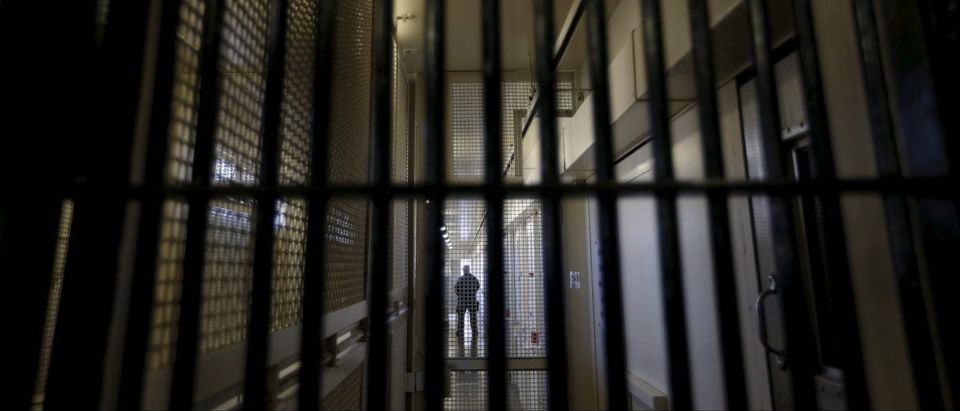More than ever, Republican lawmakers are recognizing the death penalty’s many problems, and across the country we are leading the charge to end its use. In fact, a report released this week by Conservatives Concerned about the Death Penalty demonstrates this point. Over the last five years the number of Republican state legislators supporting anti-death penalty legislation has exponentially increased.
I’m a retired Republican State Senator from the conservative state of Nebraska, and I’m intimately familiar with the process of re-thinking capital punishment. I used to support the death penalty, but a few years ago I led our legislature’s effort to repeal it.
My journey began when I was in college and Nebraska had our first execution in several decades. I joined a group of friends on the prison grounds to celebrate justice being served. The excited atmosphere almost felt like that of a Nebraska Cornhusker’s game day. While my frat brothers and I cheered and grilled, I couldn’t help but notice that across the way was a somber group of people in prayer, protesting the execution.
The juxtaposition between our groups created an itch in me to learn more about the death penalty. I started researching and it soon became abundantly clear that the death penalty was in conflict with my deepest conservative values. Knowing this, it’s little surprise that so many other conservatives are reaching this same conclusion.
As a pro-life Christian, I believe that only God has the power to take a life. For some pro-lifers, there is an important distinction between the innocent lives of the unborn and the guilty lives of death row inmates. Yet this distinction is blurred when you know the death penalty’s error rate. Humans simply can’t be perfect arbiters of guilt and innocence. Just look at the number of people – nearly 160 individuals – who were sentenced to die and later released after evidence of their innocence came to light. For conservatives who believe only God can take a life – even those who limit that belief to innocent life – the death penalty is on shaky ground.
As a fiscal conservative, I believe it’s important for the government to be a cautious steward of resources. Since the death penalty’s goal is arguably public safety, fiscal conservatives should naturally compare this punishment’s cost and efficacy with other sentences. The costs of the death penalty are staggering, even compared to a lifetime of prison costs. Complicated trials, complex jury rules, a second trial for sentencing, mandated appeals, and the costliest housing means the death penalty is exorbitantly expensive. Dozens of studies have shown that ending the death penalty could easily save taxpayers many millions of dollars. These high costs were seen in my home state of Nebraska. A small county once had to mortgage its ambulances to pay for two capital cases. If any other government program had been as expensive and broken as the death penalty, we conservatives would have got rid of it a long time ago.
The death penalty also extracts a dear price from the families of murder victims. They endure years and sometimes decades of court hearings, media attention, and uncertainty. During the repeal efforts in Nebraska we heard from families who told us the process re-traumatized them, over and over again. I campaigned for justice, yet I did not find it in our system. How could I look a victims’ family member in the eye and tell them: “Because of what happened to your family, the State is going to execute the perpetrator”. Then 20 years goes by with no execution, how is that justice?
Perhaps the defining feature of conservatism is that we believe the government’s power should be limited. There is no greater authority than the ability to take life. Given the problems with the death penalty’s administration, it’s absolutely unacceptable to grant this extreme power to our fallible government.
I am proud that other conservative Republicans are now helping to lead the charge against this error-prone and expensive example of government overreach. But I’m also encouraged that, at a time when politics often feels fiercely divisive, the death penalty is an issue where both sides of the aisle can agree. Our motivations may vary, but Democrats, Republicans, Libertarians, and independents alike are coming together in recognizing the death penalty is contrary to the type of smart justice our nation needs.
Colby Coash is a former Nebraska state senator who in 2015 helped to lead a legislative repeal of capital punishment in the overwhelmingly conservative Republican unicameral legislature.
Views expressed in op-eds are not the views of The Daily Caller.


